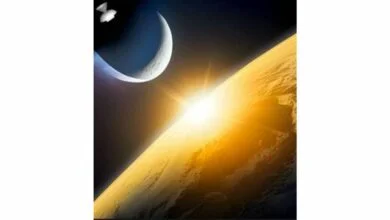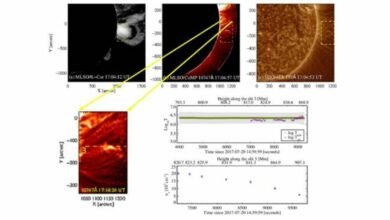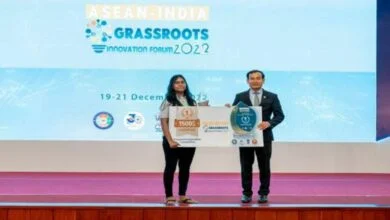Cryptocurrency Needs Insurance, Education And Crime Traceability To Survive, Says Adv P M Mishra

In conversation with Digpu, Adv P M Mishra chalks out the vulnerability of the Cryptocurrency Industry, how it exposes Crypto enthusiasts to bigger risks and how to mitigate those risks.
As Cryptocurrency markets mature, they are attracting players from other industries. At the same time, Cryptocurrency is very volatile and we have heard of over a thousand scams only in Asia. If one digs it down, one may find these scams everywhere in the world. The big question is why it is so easy for scammers to scam public at large and at the same time earning bad names for this Industry?
There are a few reasons for this –
- Lack of Awareness drive by stakeholders from Industry.
- No formal education system to educate novice investors.
- Fake Blockchain and Crypto Advisors online.
- Less awareness among Law enforcement agencies globally about crypto, as it is now as an industry.
- Need for Insurance for Digital Assets.
- Lack of a legal framework to flag Crypto Scam and report to an authority.
For what reason does the Cryptocurrency as a Digital Asset, need insurance?
Cryptocurrencies are getting increasingly pertinent, significant, and predominant in the economy of late. Cryptocurrency Insurance can be a big Opportunity for Insurance companies and at the same time looking at the threat of Cryptocurrency hacking & scams, it will be an extraordinary task for Insurance associations to offer Insurance for Cryptocurrency.
Adv P M Mishra says, “The current trust issues with the retail trader and investor in Cryptocurrency can only be solved if an insurance company offers some insurance for the digital asset. At the same time, if any Insurance company will offer insurance for the crypto wallets, that will bring standardization and scrutiny for Crypto enthusiasts.”
Insurance for Cryptocurrencies becomes important when you consider the instability of the Cryptocurrency ecosystem. The soaring valuation of Bitcoin and different Cryptocurrencies have brought about monstrous burglaries of online wallets and trades. Bitcoin and Cryptocurrencies present unique challenges for insurers.
Typically, insurance premiums are based on historical data. Such data is absent for Cryptocurrencies. Instability in valuations, where three-figure value swings are normal, can likewise influence premiums because it lessens the all-out number of coins being safeguarded. Administrative vulnerability and absence of oversight at Cryptocurrency trades can additionally muddle matters for safety net providers keen on offering types of assistance to the business. Hence, Insurance of Cryptocurrency will remodel the way the industry works.
Education and Cryptocurrency
Cryptocurrency Industry is certainly growing but there are not many stakeholders in this industry. The existing industry leaders are clearly unconcerned about educating the masses.
All the leading exchanges need to invest into community education about the different cryptocurrencies. They must provide clear guidelines, information and T&C for the investor beforehand. For any cryptocurrency exchange that is eyeing long-term growth, it must engage with the governing body and their moderating agencies. This way they can function like any other business segment with complete transparency.
Adv P M Mishra shares his experience and says, “I might want to refer to something truly discouraging about this Industry partner. A few days ago, I attempted to bring one of the crypto trade advisors onboard for an initiative. However, to my surprise, he was unwilling to be part of it. Unfortunately, people want to acquire maximum profits for themselves but do not want the industry to blossom.”
Crime traceability – A Big Blow To Crypto Scammers
If you get into this industry, all the MLM & Ponzi Operators are running Scheme in the name of Bitcoin & Ether. Some of them are even promising 1000% return. There have been many cases where the crypto investors have transferred a huge amount of money to these scammers.
To mitigate such disasters, industry stakeholders should come up with some mechanism that helps law enforcement agencies to trace every transaction that is happening via any gateway or crypto exchange.
Insurance, Education, and Crime Traceability In Crypto Industry will help the Cryptocurrency Industry to survive and grow. Without these pillars, the industry may collapse today or tomorrow.
The post Cryptocurrency Needs Insurance, Education And Crime Traceability To Survive, Says Adv P M Mishra appeared first on Digpu News Network.







